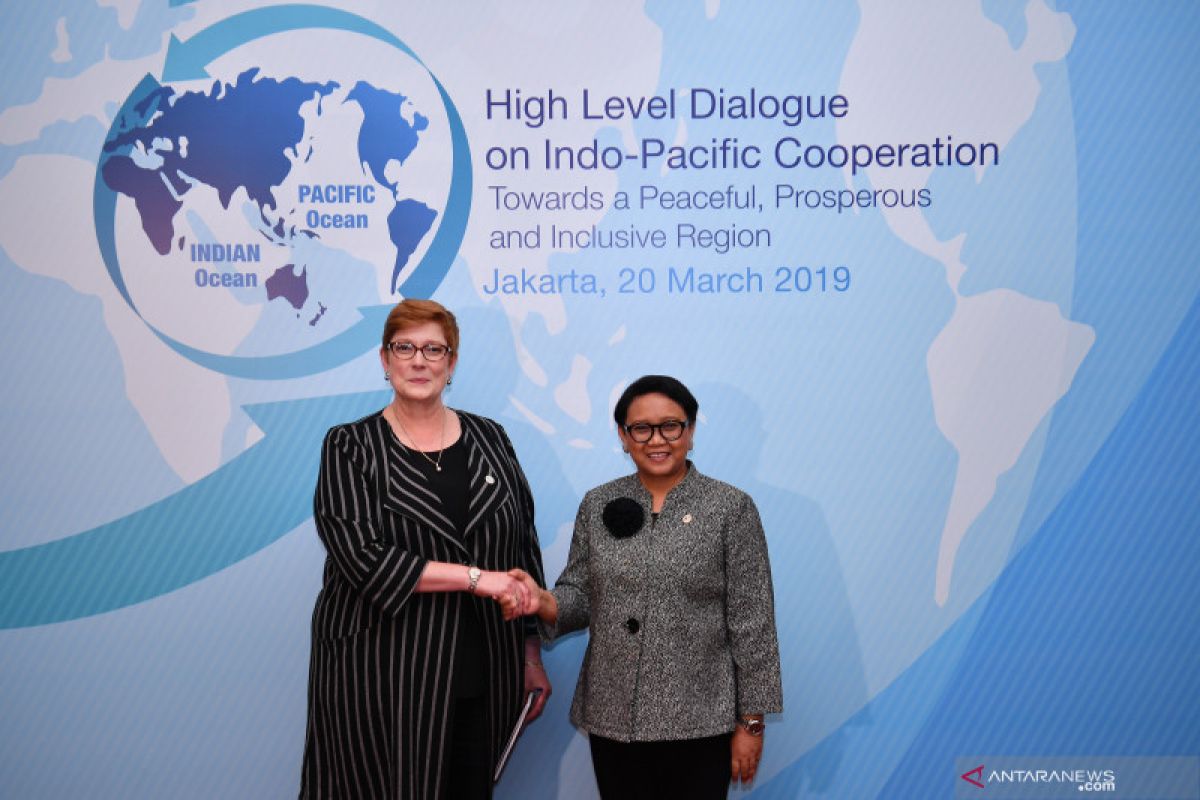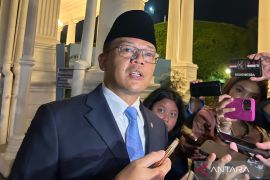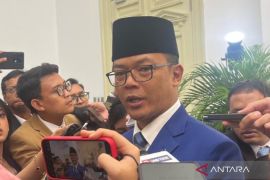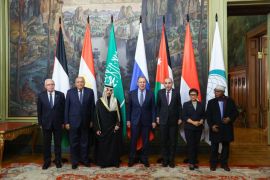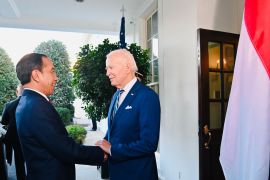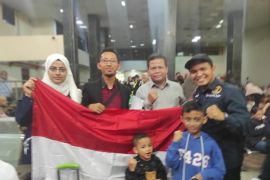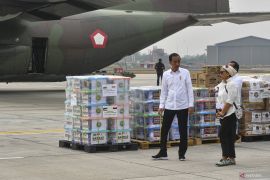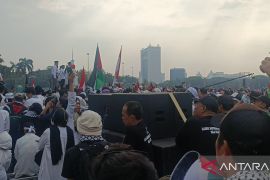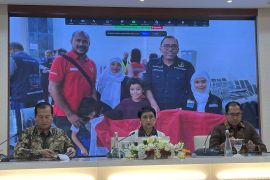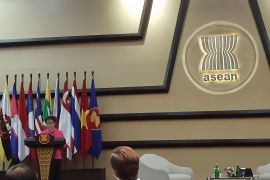The nation initiated a High-Level Dialogue on Indo-Pacific Cooperation themed "Towards a Peaceful, Prosperous, and Inclusive Region", in Jakarta on March 20, 2019, which was attended by delegates from 18 key countries of the Indo-Pacific regions.
The dialogue, which included debates under three themes—sustainable development goals, maritime cooperation, and infrastructure and connectivity—was aimed at enhancing cooperation and building trust in the Indo-Pacific region, leading to mutually beneficial cooperation based on the principles of openness, inclusive transparency, and respect for international laws.
The meeting was Indonesia's concrete contribution to strengthening the dialogue within the framework of ASEAN for a deeper and more inclusive cooperation within the bloc.
Among those who attended the dialogue were Australian Foreign Minister Marise Payne, Brunei Foreign Minister Erywan Pehin Yusof, New Zealand Foreign Minister Winston Peters, and Indonesian Foreign Minister Retno Marsudi as the host.
China, India, Japan, South Korea, Laos, Malaysia, Singapore, and Vietnam were represented by their vice foreign affairs ministers.
In his opening remarks, Indonesian Vice President M Jusuf Kalla said cooperation in the Indo-Pacific region is crucial to maintaining peace, stability, and economic sustainability amid geo-economic and geo-political developments.
“We must enhance maritime cooperation, because the ocean is a source of our prosperity," Kalla said.
He hoped that the dialogue would result in the emergence of new cooperation proposals for every nation attending the meeting. The cooperation should be able to improve the quality of development, he added.
"Cooperation in the Indo-Pacific region should also contribute to global goals, including in achieving the Sustainable Development Goals by 2030," the Vice President said.
He believed that cooperation could strengthen the existing mechanism, such as ASEAN, which is currently working on the ASEAN Indo-Pacific Outlook.
"The concept of the ASEAN Indo-Pacific is aimed at adding value to the existing regional mechanism. We hope that the ASEAN concept would be used as a strong base for further developing the Indo-Pacific maritime region," Kalla noted.
Marsudi, as host and chair of the dialogue, stated that future concrete cooperation in the Indo-Pacific region aligns with Indonesia's vision to become a global maritime fulcrum.
"For Indonesia, an inclusive and transparent Indo-Pacific cooperation that promotes concrete cooperation will be in perfect alignment with Indonesia's vision as a global maritime fulcrum," Marsudi stated.
Marsudi expressed Indonesia's view that a renewed cooperation framework among countries in the Indo-Pacific region was crucial to ensuring peace, stability, and mutual prosperity.
"It is crucial because we face emerging security and economic challenges in the Indo-Pacific region, and at the same time, we understand the far-reaching geo-political and geo-strategic changes taking place in the Indo-Pacific region," she remarked.
The Indo-Pacific region contains three-fifths of the world's population, and its gross domestic product amounts to US$52 trillion
Payne, in her remarks, lauded Indonesia’s leadership on the important initiative to develop an ASEAN Indo-Pacific vision.
“We support the key principles that are emerging in keeping with that vision – openness, transparency, inclusivity, a rules-based framework, respect for international law, sovereignty and ASEAN centrality. These principles have a long history in the ASEAN, and many are drawn out in the Treaty of Amity and Cooperation, of which Australia is a proud signatory,” she said.
While ASEAN’s consideration of an Indo-Pacific outlook is ongoing, she was pleased to note that the dialogue began in a constructive way. There was much support for ASEAN developing an Indo-Pacific outlook, and growing consensus around the principles, which would underpin it.
To advance practical cooperation in the Indo-Pacific, participants of the dialogue also discussed how to work together on maritime security, the Sustainable Development Goals, and infrastructure and connectivity.
Payne believed that building cohesion across the region across these three important domains would serve to enhance security, stability and prosperity for all countries.
The Indo-Pacific, sometimes known as the Indo-West Pacific or Indo-Pacific Asia, is a biogeographic region of the East's seas, comprising the tropical waters of the Indian Ocean, the western and central Pacific Ocean, and the seas connecting the two in the general area of Indonesia.
It does not include the temperate and polar regions of the Indian and Pacific oceans, or the Tropical Eastern Pacific along the Pacific coast of the Americas, which is also a distinct marine realm.
The region boasts of 3000 species of fish, compared with around 1200 in the second richest marine region, the Western Atlantic, and around 500 coral reefs, compared with some 50 in the Western Atlantic.
Editor: Gusti Nur Cahya Aryani
Copyright © ANTARA 2019
